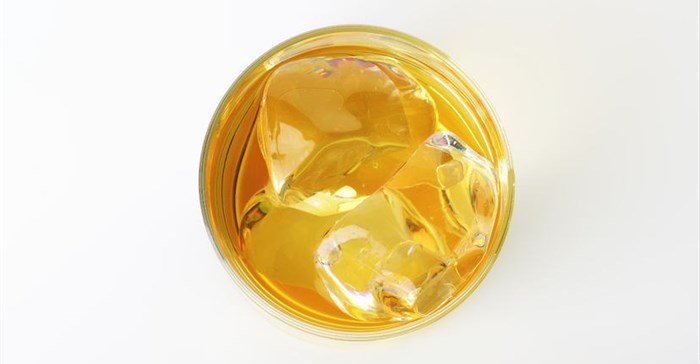Judging by the share price movement over the past four weeks, minority shareholders in Distell have still not come to terms with the unexpected news that the Public Investment Corporation (PIC) will be acquiring the 26.4% of the company held by Anheuser-Busch InBev (AB InBev).
The share has slid back to the level it was trading at a year ago, down to R147 after reaching a high of R172 in mid-October spurred by expectations that Remgro would exercise its pre-emptive rights and help to put the drinks company on a firm growth path. Now there may be some jitters about Distell’s capacity to deal with what is likely to be a much tougher environment.
It’s not that Distell minority shareholders are unhappy about PIC as a shareholder; it’s just that for decades, they have looked forward to the unwinding of the group’s cumbersome control structure and expected it all to end up with Remgro/Capevin. Now there is some uncertainty as to what, if any, strategic plans the PIC may have for its investment and whether they will be in step with Remgro.
The old control structure was put in place in the late 1970s as part of what the competition authorities subsequently described as a "notorious market-sharing arrangement" between South African Breweries (SAB) and the Rembrandt Group. SAB undertook to limit its involvement in the wine and spirits market and Rembrandt undertook to stay out of the beer market.
Over the years, the structure was tweaked, with Remgro/ Capevin eventually holding an effective 52.8% and SABMiller 26.4%. Minority shareholders believed SABMiller would in time sell out and Remgro be given the opportunity to exercise its pre-emptive rights and take its direct stake (excluding Capevin) to 58%. Their excitement ticked up when SAB listed in London in 1999 and began to sell off its noncore assets. But, although it held the stake as a passive investment, SABMiller seemed to have no plans to offload it.
Nothing changed until October 2015, when AB InBev launched its bid for SABMiller. The competition authorities made it a condition of their approval that the stake was sold within three years of completion of the deal.
In September 2016, when Remgro announced plans for a R9.3bn rights issue, the investment community assumed it was to pay for the stake. But then, out of the blue, the PIC emerged as the unlikely buyer of the 26.4% stake. Details of the pricing, which should shed some light on why Remgro was not the buyer, will be known only when it becomes a firmer transaction.
For 40 years, Distell (in its various guises) has managed to generate reasonably solid earnings growth, with the performance picking up significantly in recent years on the back of its aggressive focus on its cider brands. That focus made SA the second-biggest cider market in the world, albeit a distant second to the UK.
Despite the achievement, minority shareholders such as Chris Logan believe the control structure including a hesitant Remgro, has prevented the group from realising its full potential. As a passive shareholder, SABMiller showed little interest in supporting rights issues that would have raised the funds to develop key brands and markets. But it could veto any special resolution needed.
The sale of SABMiller’s stake frees Distell from the dysfunctional control structure, and the PIC is certainly expected to be a much more supportive shareholder.
But, as Logan says, it might not be as supportive as having Remgro as a 58% shareholder. "Remgro would have had an economic interest equal to its control and would have much more incentive to make the group work," says Logan, who was hoping to see a major shake-up. He is, however, encouraged by Remgro CEO Jannie Durand taking over as chairman from David Nurek.
Now Distell is facing a much more competitive environment. On the wine and spirits front, KWV is under a new and more aggressive leadership team and is likely to present much greater challenges.
More significantly, Distell faces tough competition from the world’s largest alcohol group, AB InBev. Included in its massive portfolio of predominantly beer brands is one of the world’s top cider brands: Stella Artois Cidre.
Analysts say that having paid a hefty price for SABMiller, AB InBev will be keen to use its muscle to get as much of the South African alcohol market as possible. At the last annual general meeting, CEO Richard Rushton referred to industry consolidation as one of the major risks facing Distell.
And Distell may also have to deal with Heineken’s more aggressive worldwide plans for its cider, global number one Strongbow. To date, Heineken’s performance in the South African market has not matched expectations, but at a December conference, the world’s second-largest beer group said cider was now one of its six business priorities.
One dominant and committed shareholder would be useful in dealing with these challenges, but even the absence of SABMiller
might help.







































